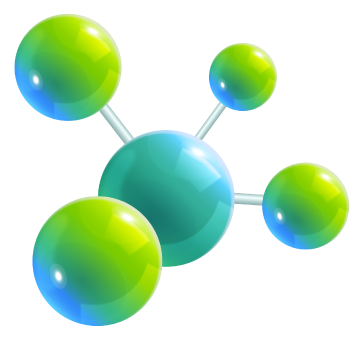
Air Quality Monitoring in Dubai
Air quality monitoring is the process of measuring and assessing the concentration of pollutants in the atmosphere to ensure the air is safe for human health and the environment. This analysis focuses on identifying harmful substances such as particulate matter (PM), nitrogen oxides (NOx), sulfur dioxide (SO2), carbon monoxide (CO), ozone (O3), and volatile organic compounds (VOCs). These pollutants are often released by industrial processes, vehicle emissions and natural events like wildfires and volcanic eruptions.
The main purpose of air quality monitoring in Dubai is to monitor pollution levels and ensure compliance with local environmental regulations and international bodies like Environmental Protection Agency (EPA), the World Health Organization (WHO) and National Institute for Occupational Safety and Health (NIOSH). By analyzing air samples, scientists and environmental
agencies can detect pollution trends, identify sources of contamination and assess the impact of poor air quality on human health and ecosystems.
Advanced method including remote sensing and particulate matter monitoring are used to detect and quantify pollutants in real-time. These results help to create policies aimed at reducing emissions, improving public health and mitigating climate change.
Regular air quality analysis is essential for maintaining clean air, protecting public health from respiratory diseases and addressing long-term environmental challenges like global warming.
At Reliable Testing Laboratory LLC, we provide comprehensive indoor and outdoor air quality testing in Dubai to help maintain clean air, protect public health.
Are you looking for air quality monitoring services in Dubai? Contact us now for best indoor and outdoor air quality testing services.
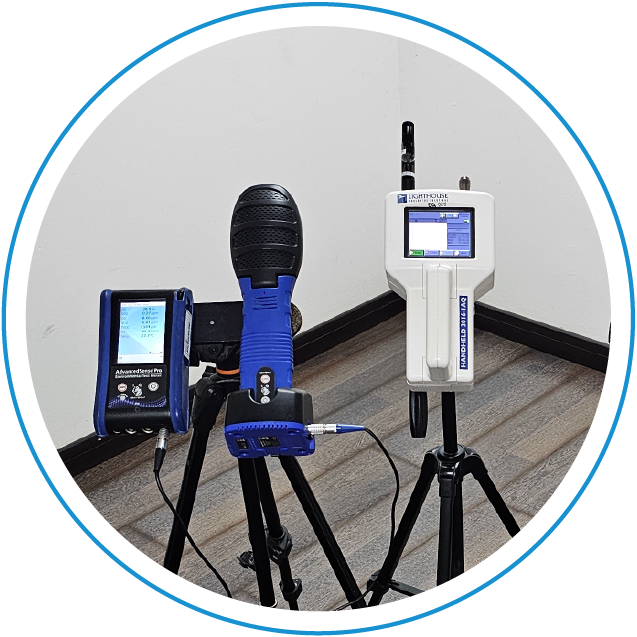
Indoor Air Quality
Monitoring in Dubai
Particulate Pollution ((PM 2.5μ) ,Particulate Pollution (PM 10μ),Total Volatile Organic Compound,Formaldehyde,Carbon Dioxide,Carbon Monoxide,Ozone, Nitrogen Dioxide, Oxygen, Temperature, Relative Humidity,Total Bacterial Count,Total Fungal Count.
Limits: Technical Guidelines for Indoor Air Quality for Healthy Life- (DM-HSD-GU119)IAQ (Dubai Municipality Health & Safety Department Environmental Health Section).
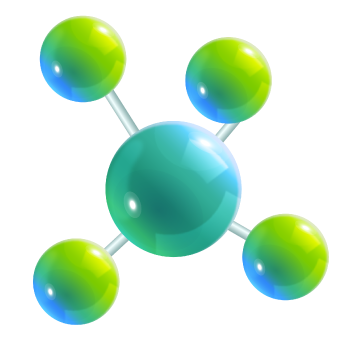

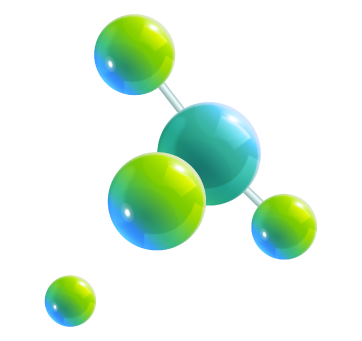
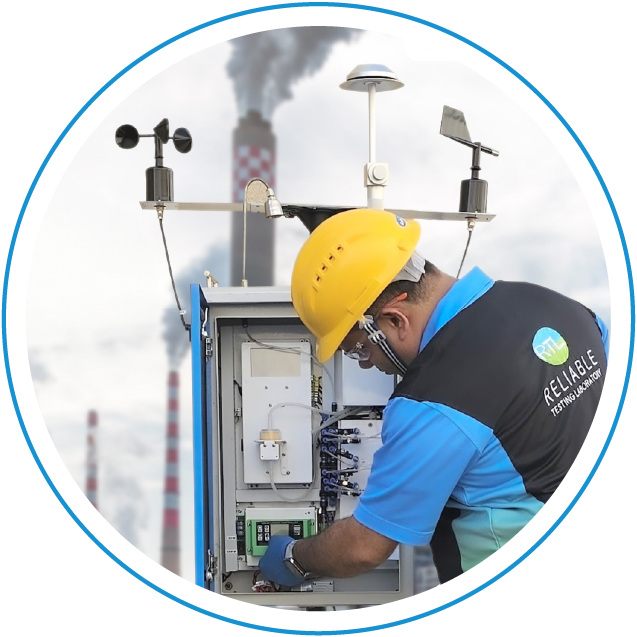
Ambient Air Quality
Monitoring in Dubai
Particulate Matters, PM 10,Total Suspended Particulate Matter (TSPM),Sulphur Dioxide,Nitrogen Dioxide, Ozone ,Carbon Monoxide, Hydrogen Sulphide, Ammonia, Wind Direction, Wind Speed.
Limits: Trakhees Guideline ID-EN-G20, General Environmental Guidelines for Manufacturing/Assembly/Service Industries; (Annex 25.2)
Limits: The sample analyzed meets the Regulatory Limits as per Ambient Air Quality Standard Limits Cabinet Decree (12) of 2006 (Annex-8)
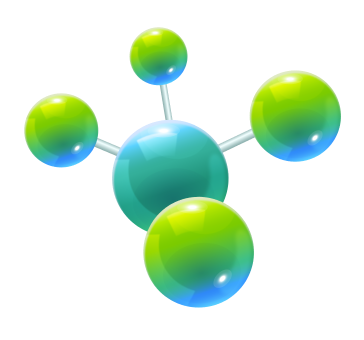


Air Microbiology
Analysis




Indoor Air Quality Monitoring
Particulate Pollution ((PM 2.5μ) ,Particulate Pollution (PM 10μ),Total Volatile Organic Compound,Formaldehyde,Carbon Dioxide,Carbon Monoxide,Ozone, Nitrogen Dioxide, Oxygen, Temperature, Relative Humidity,Total Bacterial Count,Total Fungal Count.
Limits: Technical Guidelines for Indoor Air Quality for Healthy Life- (DM-HSD-GU119)IAQ (Dubai Municipality Health & Safety Department Environmental Health Section).

Ambient Air Quality Monitoring
Particulate Matters, PM 10,Total Suspended Particulate Matter (TSPM),Sulphur Dioxide,Nitrogen Dioxide, Ozone ,Carbon Monoxide, Hydrogen Sulphide, Ammonia, Wind Direction, Wind Speed.
Limits: Trakhees Guideline ID-EN-G20, General Environmental Guidelines for Manufacturing/Assembly/Service Industries; (Annex 25.2)
Limits: The sample analyzed meets the Regulatory Limits as per Ambient Air Quality Standard Limits Cabinet Decree (12) of 2006 (Annex-8)

Air Microbiology Analysis
Total Bacterial Count, Total Fungal Count
